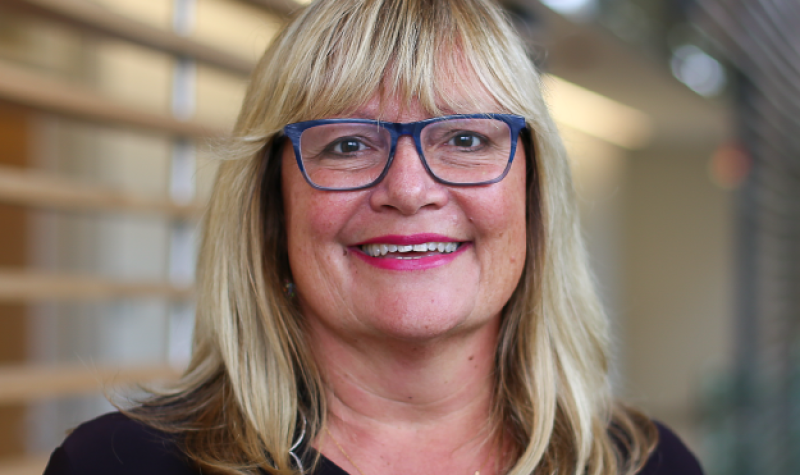With emergency room overflow causing local Kingston hospitals like Hotel Dieu to close early recently, Queen's Health Sciences has a strategy in the works: the university is looking to develop a "health home."
"Under the leadership of Dr. Philpott and Dr. Roger Pilon and Dr. Kim Morrison, We’re looking at developing a health home... the Perry Winkle Health Home... where inter professional collaboration will occur, and family physicians and nurse practitioners will work together to support those persons in our community that don’t have primary care health providers," Dr. Erna Snelgrove-Clarke, vice dean of Health Sciences and director of the School of Nursing at Queen’s University, told CFRC.
"What’s happening in our emergencies with the overload is many people don’t have care providers, as part of our faculty we're going to set up a health home where they can go to receive care they’re not getting from an immediate physician, then decrease that intake in emergency to get support from the Perry Winkle Health Home," Snelgrove-Clarke added.
The location for the home has been secured, and planning is underway.
Snelgrove-Clarke explained the concept behind the home was driven by the lack of primary care providers for thousands of residents.
"In Kingston we have roughly 20,000 persons who are not attached to a primary care provider, so when you think about backlog, if you don't have a family physician or an nurse practitioner to go to if you have a health concern, you go to emergency for something that could be seen in an area where there are inter professionals working together," said Snelgrove-Clarke.
Clarke adds that Dr. Roger Pilon has met with Ontario's Health Minister Dr. Sylvia Jones to gain her support.
"If we think of new initiatives and strategies that we can help people earlier rather than later, we won't have these backlogs that we currently have. By putting more nurse practitioners into the system, by increasing the way we work in teams so we can parcel out the care that's needed rather than leaving it to one specific care provider, I think we can decrease some of these challenges that we're currently having," said Snelgrove-Clarke.
The vice dean says the number one variable is communication:
Listen to the full CFRC interview with Dr. Erna Snelgrove-Clarke below:


